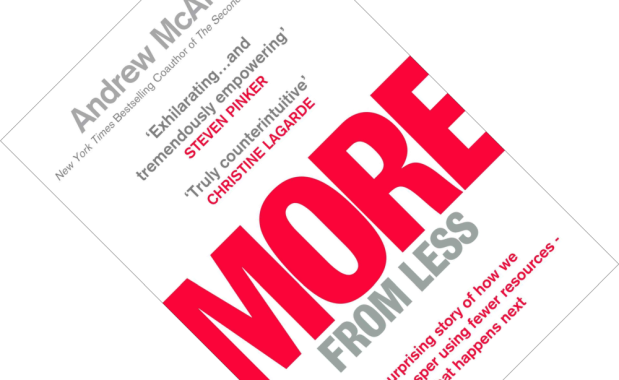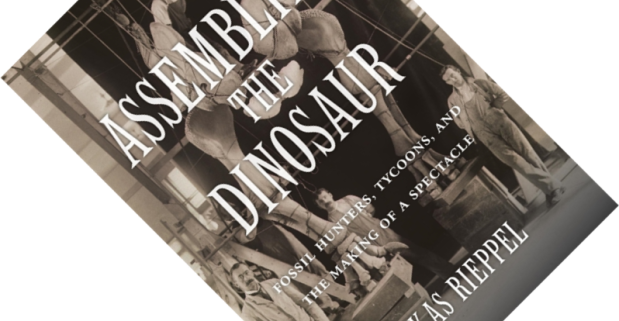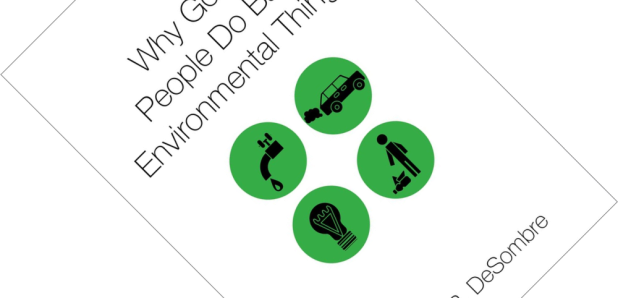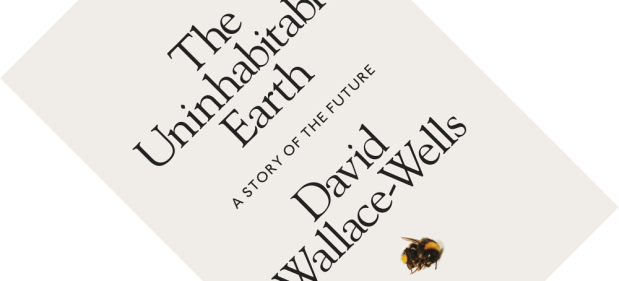8-minute read
More from Less makes the optimistic case that our impact on the planet is diminishing. We are past “peak stuff” and thanks to continued technological innovation our economy is dematerializing. That is to say, economic growth has become decoupled from resource consumption. Or, as the title puts it succinctly, we are getting more from less.
I was initially sceptical when I learned of this book. My outlook on the state of the world is not nearly as optimistic. So, from the blurb’s counterintuitive claim that “we’ve stumbled into an unexpected balance with nature”, to Steven Pinker’s triumphant endorsement that those who think we’re doomed by overpopulation and resource depletion are wrong – I was ready to go bananas on this book. But I would be a poor reviewer if I let my prejudices get the better of me.




